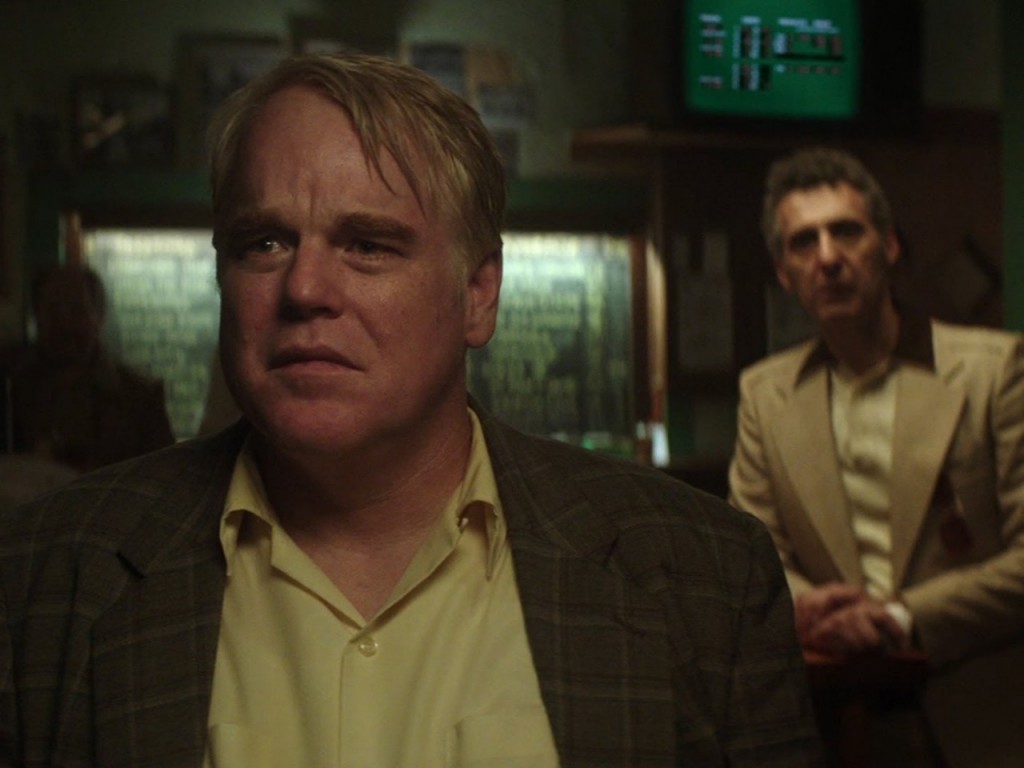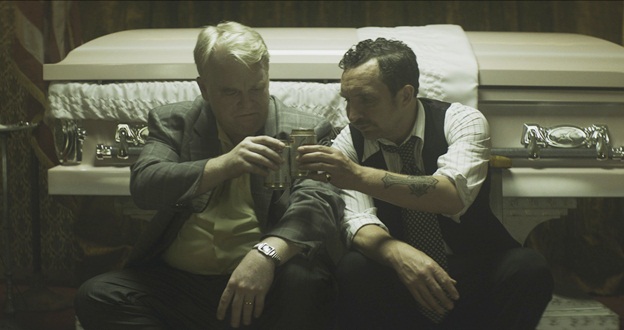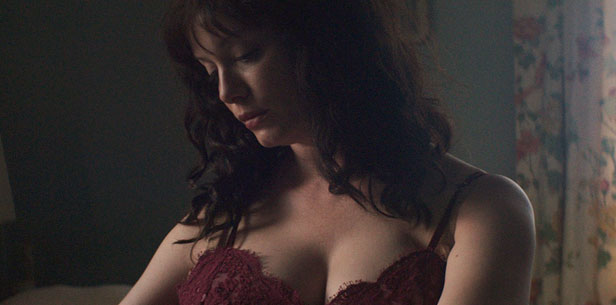 The following is a review I originally published in Word and Film:
The following is a review I originally published in Word and Film:
When an artist as talented as Philip Seymour Hoffman dies unexpectedly, a cultural void develops in their absence. It’s not just that we can’t accept the loss; it’s that we can’t entirely register it. In some childlike recess of our minds we keep seeking an alternative reality in which they are writing another book, recording another song, shooting another film. Elisabeth Kübler-Ross may have identified this as the bargaining stage of grief and loss but I think it’s more complicated than that.
Unless we knew the artist personally, for us they only existed in a communion between their imagination and ours, anyway – an interstice of consciousnesses outside of life and death. Even after they die, then, we continue to visit their work for that connection. And if it’s an artist as prolific as Hoffman, for a while their posthumous work grants us additional destinations, which is when the bargaining does creep in. We study this new work not only for insights into their sudden death but for evidence of an alternate reality – a reality in which the person is still alive and still creating more worlds that we may visit.
Which is to say that it’s both difficult and enthralling to watch “God’s Pocket,” a sad sack of an indie directed by Mad Men‘s John Slattery that features Hoffman in one of his last performances. The movie itself is a mixed bag. Set in a fictional working-class section of South Philadelphia named, unfortunately enough, God’s Pocket, it is populated by underdogs who have so little to boast about that they uphold their neighborhood with a blind patriotism that renders non-natives inferior in their eyes. The result is that the neighborhood itself is this film’s true protagonist, with Hoffman as Mickey, a hard-drinking, low-level criminal, running a distant second.
For the film’s first half, this algorithm works better than, by all rights, it should. It begins with a comically grim sex scene, in which Mickey bangs away at his wife Jeanie (Christina Hendricks) while she wears a facial expression so impassive that the squeaking mattress springs seem like they have more fight left in them than she does. He thanks her profusely – another indication of a woefully unreciprocal sex life – and then squires her grown son, Leon, to a construction site before continuing on to steal a refrigerated truck with his buddy Arthur (John Turturro) for their illegal wholesale meat business. Just another day on the IRT, as they used to say.
Leon (Caleb Landry Jones) is the sort of ingrate who’s probably been deemed more trouble than he’s worth by everyone but his mother since he was nine years old. With his gummy smile and pale lashes, he even looks like a Hitler youth reject; it’s no surprise that he bullies Old Lucy, an elderly black coworker, with racial epithets and physical violence. It’s even less of a surprise that everyone covers for Old Lucy when he offs the young man with a half-pipe. Even dead, Leon proves a pain in the neck: His funeral costs send Mickey scrambling, and Jeanie enlists boozy newspaper columnist Richard Shellburn (Richard Jenkins, in yet another terrific turn) to uncover the real story behind the accident that supposedly caused his death.
So long as Slattery trains his lens on the bars and back rooms of this salty-dog slum, this film is great fun, if an acquired taste. Cast in the unflattering greens and Pepto-Bismol pinks of the early 1980s, everyone grumbles at each other when they’re not swinging a fist, and their small stakes are nailed drolly and without condescension. Electrical blackouts occur regularly. Savings accounts are nonexistent. People swill small, foamy glasses of beer in the middle of the day without indictment, and when a bartender hands Mickey a brown bag of cash collected for funeral costs, he reminds him to “return the bag when he gets a chance.” An etiquette presides here that’s no less ingrained because it’s invisible to an outsider’s eye, and the glimpse we’re granted is as seductive as insider slang. Mickey, who only moved to the neighborhood when he married Jeanie, negotiates its customs with a square-shouldered bemusement Hoffman never demonstrated in the many colors of his previous roles. It’s a pleasure to watch.
Put bluntly, though, this film has a woman problem. In the eponymous book by Pete Dexter from which Slattery and his cowriter Alex Metcalf adapted this screenplay, Jeanie is a talented, disappointed woman, a former dancer whose crushed dreams brought her back to the neighborhood. But for all the flourishes with which Slattery paints the rest of “God’s Pocket,” here her character is as flat as they come (despite Hendrick’s impressive dimensions). She has no back-story. She has no apparent interior life. She only leaves her house when escorted by a male admirer (the journalist, predictably) and she submits to everyone’s sexual desire without expressing her own. In fact, she is not only one-minded – propelled solely by the love for a son whose shortcomings she mulishly refuses to recognize – but nearly mute as she glides through these claustrophobic, darkly lit interiors with the massive grace of one of Fellini’s ladies. Since she serves as the plot’s fulcrum, her lack of will extinguishes everything just as the action is meant to heat up. Even in a film set thirty years earlier, Jeannie feels anachronistic.
That’s too bad. It’s not clear whether Hendricks is actually much of an actress – as Joan on “Mad Men,” all that’s required of her is a similar unflappability – but the rest of this cast is so skillful that we scarcely notice the other fissures at hand. When we do, it’s mostly in the spirit of admiration. Hoffman’s cracked tough-guy veneer, for example, is so expertly drawn that we want to keep hanging out with him, drinking warm drafts and casing joints, long after the film sputters to a close. But that was – or, rather, is – Hoffman’s mastery. No matter how much time we ever spend in his orbit, we will always clamor for more.
